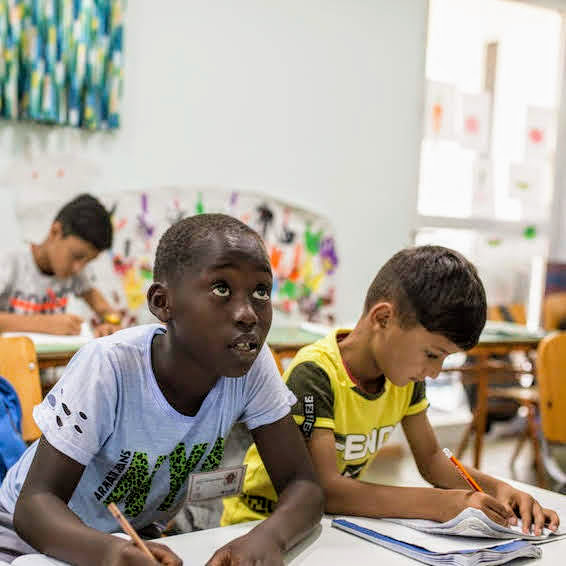Post-Distribution Monitoring of Cash-Based Interventions, July 2020
Serbia, 2020
Get MicrodataIdentification
UNHCR_SRB_2020_CBI_PDM_v2.1
Post-Distribution Monitoring of Cash-Based Interventions, July 2020
| Name |
|---|
| Serbia |
Statistical Info. & Monitoring Prog. [hh/simpoc]
UNHCR Serbia CBI project provides targeted financial assistance to UNHCR's Population of concern (PoC) with monthly cash grants, with a view to address the most acute material needs of refugees and asylum seekers in private accommodation. The overall objective of the project is to ensure that PoC have sufficient basic and domestic items, through the delivery of monthly cash assistance meant to cover expenses helping them to settle and stabilize their life upon displacement. This assistance aims to support a longer-term self-reliance with a view to reduce vulnerability, including prevention of high-risk behaviour (survival sex, child labour…). Besides the regular monthly payments, the project covers for emergency needs as one-time cash payment. UNHCR provides CBI to the most vulnerable asylum seekers and refugees, through direct implementation. Current CBI SOPs were endorsed at the beginning of 2019. The CBI Committee, consisting of representatives of Durable Solutions, Protection and Programme Units decides on allocation, extension or withdrawal of cash assistance to each beneficiary.
CBI is meant to help PoCs address their basic needs, including alternatives to camps. The SCRM provides rental subsidy to persons granted international protection, during the first year upon recognition of their status. After that period, and if there are gaps in allocation, UNHCR provides CBI. As opposed to SCRM, UNHCR can also provide CBI to asylum seekers in private accommodation. In July, UNHCR 47 HH/89 persons received CBI. Half of these households started receiving CBI due to loss of jobs during the COVID-19 crisis.
Sample survey data [ssd]
Households
Version
v2.1: Edited, anonymous dataset for licensed distribution.
2020-10
Scope
Household demographics;
Receiving and spending the cash assistance (basic facts);
Risks and problems: Did people face problems with the CBI? Did the CBI put POCs at additional risk?;
Markets and prices: Can POCs find what they need, and at a price they can afford, in the markets?;
Expenditure: What did people spend the money on?;
Outcomes: What changes is the cash assistance contributing to in POC households?;
Longer-Term Outcomes: Has the cash assistance helped put POC on the pathway to sustainable solutions?;
Accountability to Affected Persons
| Topic |
|---|
| Cash Assistance |
| Domestic Needs/Household Support |
| Income Generation |
| Basic Needs |
Coverage
National
All recepients of CBI
Producers and sponsors
| Name |
|---|
| UNHCR |
Sampling
UNHCR Serbia contacted all CBI recipients (47 HH/89 persons) and interviewed 85% of them (40 HH/72 persons)
Response rate reached 85%.
Data collection
| Start | End |
|---|---|
| 2020-07-01 | 2020-07-10 |
| Name |
|---|
| UNHCR |
Eight UNHCR colleagues from Durable Solutions, Protection and Programme, and five colleagues from two implementing partners performed the interviews over the period of 10 days. Due to the Covid-19 situation, all interviews were conducted over the phone and subsequently entered in KOBO.
Data Access
| Name | Affiliation | |
|---|---|---|
| Curation Team | UNHCR | microdata@unhcr.org |
UNHCR (2021). Serbia: Post-Distribution Monitoring of Cash-Based Interventions, July 2020. Accessed from UNHCR Microdata Library: https://microdata.unhcr.org
Metadata production
UNHCR_SRB_2020_CBI_PDM_DDI_v1.0
| Name |
|---|
| UNHCR |
2021-04
Metadata version
Version 1.0 (April 2021)
